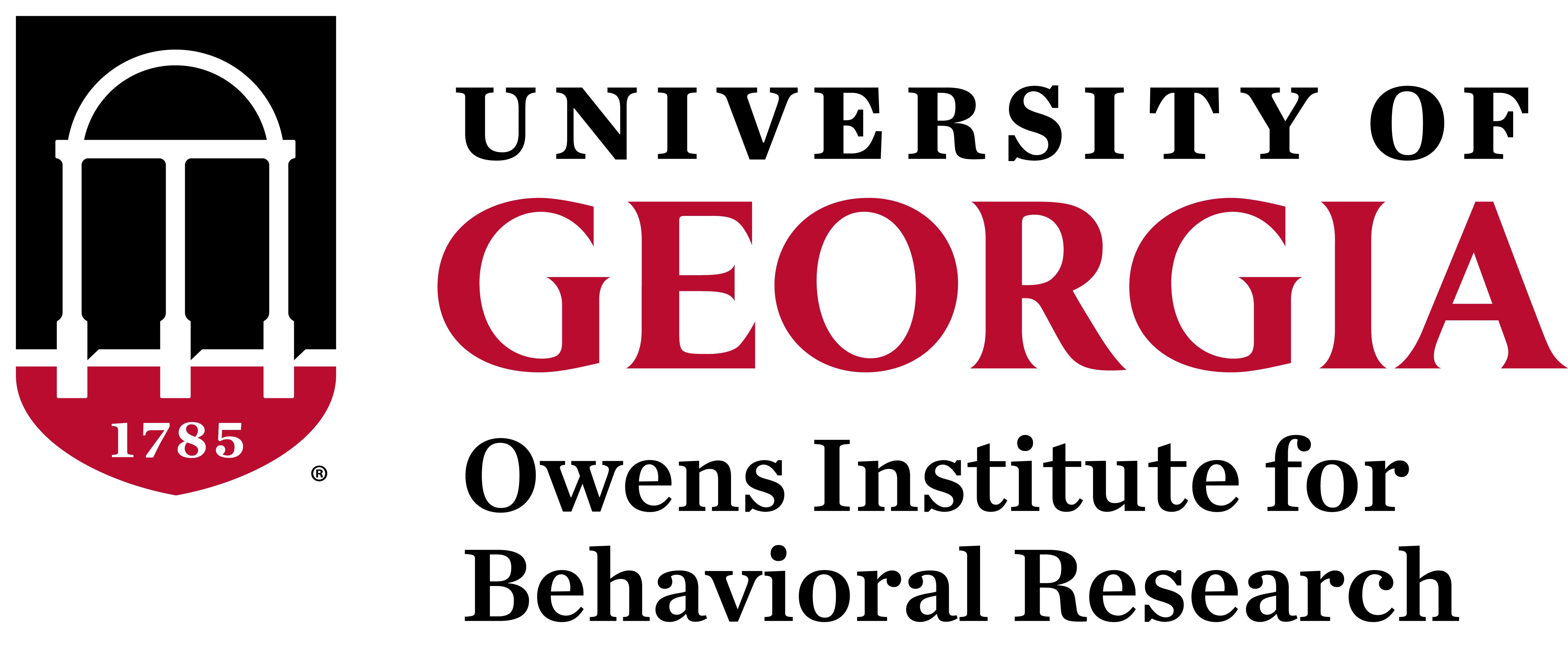Social & Behavioral Science Spotlight – Erin Dolan


Erin Dolan, PhD
OIBR Fellow
Professor, Biochemistry & Molecular Biology
Topic: Momentary Assessment of Research Learning Environments
Dr. Erin Dolan (PI) was awarded a $1.4M NSF Rapid grant to study the participation of undergraduate research experiences (UREs), including course-based undergraduate research experiences (CUREs). These experiences may influence a student’s persistence in science, that is, whether a student graduates from college with a science degree. Her team is especially interested in students’ professional growth and career interests in distance offerings compared to typical in-person offerings, as well as features of programs that enable them to develop a sense of community in their programs.
In the past, research has been widely implemented for many years without much knowledge of the specific characteristics of the experiences that are necessary to positively influence student persistence. This knowledge gap is critical to address because undergraduate research experiences vary widely in their designs and thus in their likely effectiveness. Furthermore, most studies of research experiences ask students to provide their perceptions at the end of the experience rather than during the experience. This delay can be problematic in several ways. For example, in end of experience assessments, students may overemphasize more recent events. In addition, end of experience assessment does not capture changes in students’ experiences over time.
Dr. Dolan’s research project will use a method called ecological momentary assessment to document students’ research experiences at multiple times per week, enabling the investigators to better understand student experiences as they occur. This information has the potential to provide new insights into how UREs and CUREs influence student persistence in science. The research will involve students in introductory and upper-level research experiences, including UREs and CUREs in genetics, biochemistry, microbiology, ecology, and other life science disciplines. The study will include approximately 1500 students at nine different universities, including those with high enrollments of students from groups underrepresented in science.
Guided by self-efficacy theory and social cognitive career theory, this EHR Core Research project will characterize key features of UREs and CUREs in the life sciences and how these features relate to students’ development as scientists. It will also address methodological shortcomings of previous studies of undergraduate student research experiences by adapting ecological momentary assessment (EMA) and topic modeling to identify recurring themes in students’ responses to EMAs.
In Phase 1 the researchers will test and refine the research methodologies. The team will use EMA to: 1) collect and analyze data from a diverse group of 750 students who are participating in UREs and CUREs at nine universities; 2) characterize aspects of the experiences that are hypothesized to affect student development (amount of time, nature of collaborations, levels of epistemic involvement); and 3) identify other aspects of research experiences that are salient to students. In addition, the investigators will use established scales to measure students’ science self-efficacy, sources of efficacy, scientific identity, outcome expectations, and intentions to continue in science before and after participating in UREs.
In Phase 2, the project team will collect and analyze data from a second cohort of 750 students, and use structural equation modeling to better understand how features of research experiences serve as sources of self-efficacy for students. In addition, the project team will identify the features of research experiences that relate to changes in students’ science self-efficacy, science identity, expectations about further education or a career in science, and intended and actual persistence in science. The team will also explore whether and how the results differ with respect to student sociodemographic variables.
The research results from this 3 year project is expected to provide insight into how different research environments influence STEM students’ career interests, including factors such as whether and how students are involved in shaping the research they do influences their interests and intentions to pursue research careers.
For more information about this research, check out Dr. Dolan’s lab.
